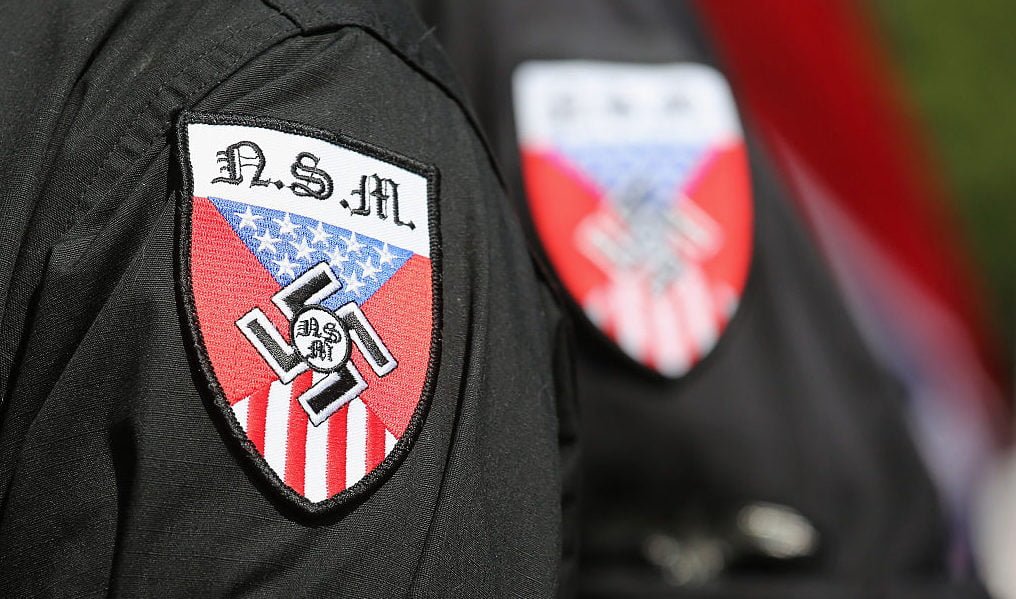Tennessee resolution denouncing neo-Nazis dies in just 36 seconds

A resolution to condemn white nationalism and neo-Nazism, failed to pass the House committee in Tennessee – a state known for its subculture of active Neo-Nazi groups.
On Wednesday, the sponsor, Rep. John Ray Clemmons, D-Nashville stood is shock when he did not receive a section motion to move forward with discussion on the resolution in the House State Government Subcommittee, reports the Tennessean.
“I’m in utter disbelief at what just happened,” Clemmons said after the meeting. “I didn’t think there was anything controversial about this resolution.”
READ MORE: Flight from Hell: Black man’s hilarious fight against white woman’s feet goes viral
Clemmons said he thought the resolution would pass and placed on the House’s consent calendar.
Democrat, Rep. Darren Jernigan, D-Old Hickory, made the first motion, but the silence awaiting for the second motion was deafening.
House Majority Leader Glen Casada, R-Franklin, is optimistic that the resolution will live on.
“The bill is not dead,” Casada said. “It just didn’t get a second. I would encourage the representative to put it back on notice and hear it again.”
https://twitter.com/coton_luver/status/975160073168109568
Why Tennessee is fining Black women $100,000 for braiding hair
Lawmakers in Tennessee are making it difficult for Black salon professionals to make money braiding hair by slapping harsh fines on their businesses if they hire unlicensed braiders, according to Forbes.
That’s a problem for braiders like Fatou Diouf, a small braiding business owner who is suffering because of a stifling $16,000 in fines she’s been ordered to pay.
READ MORE: Teachers of color have more impact on students than white teachers
One of her braiders reportedly did not have a government license to braid hair in her shop and that runs afoul of the Tennessee Board of Cosmetology and Barber Examiners policy. As a result, Diouf the fine was levied against her as a disciplinary action.
So far, nearly $100,000 in fines were issued to more than 30 different natural hair shops and salons since 2009 in the state for unlicensed braiders, according to Forbes.
Diouf who is making good use of a skill, she said, she learned as a child believes the exorbitant fees levied against her are putting a strain on her livelihood.
The board is also issuing penalties for unlicensed braiding shops and braiders who work out of their home.
A part of the culture
Anyone interested in braiding hair professionally is required to take 300 hours of classes for performing natural hair care services like braiding, locking hair, twisting, wrapping, and weaving.
But Diouf says: “We don’t need 300 hours to know how to wash a clip or a comb.”
READ MORE: The definitive and final post on why Bruno Mars isn’t cultural appropriation–
The hair braiding business is dominated by African and African American women and taking classes mean they would have to sacrifice financially for two months and attend classes. The courses run from $5,000 to $15,00 for tuition and only three schools in the whole state offer courses.
Most of the civil penalties are $1,000.
While most of the braiders across the country can work without a license, Diouf is left fighting for her right to eliminate the state license requirement. She is working with the Institute for Justice and the Beacon Center, and has testified in favor of a bill that would eliminate the state’s license for natural hair stylists and the fines levied against them.
